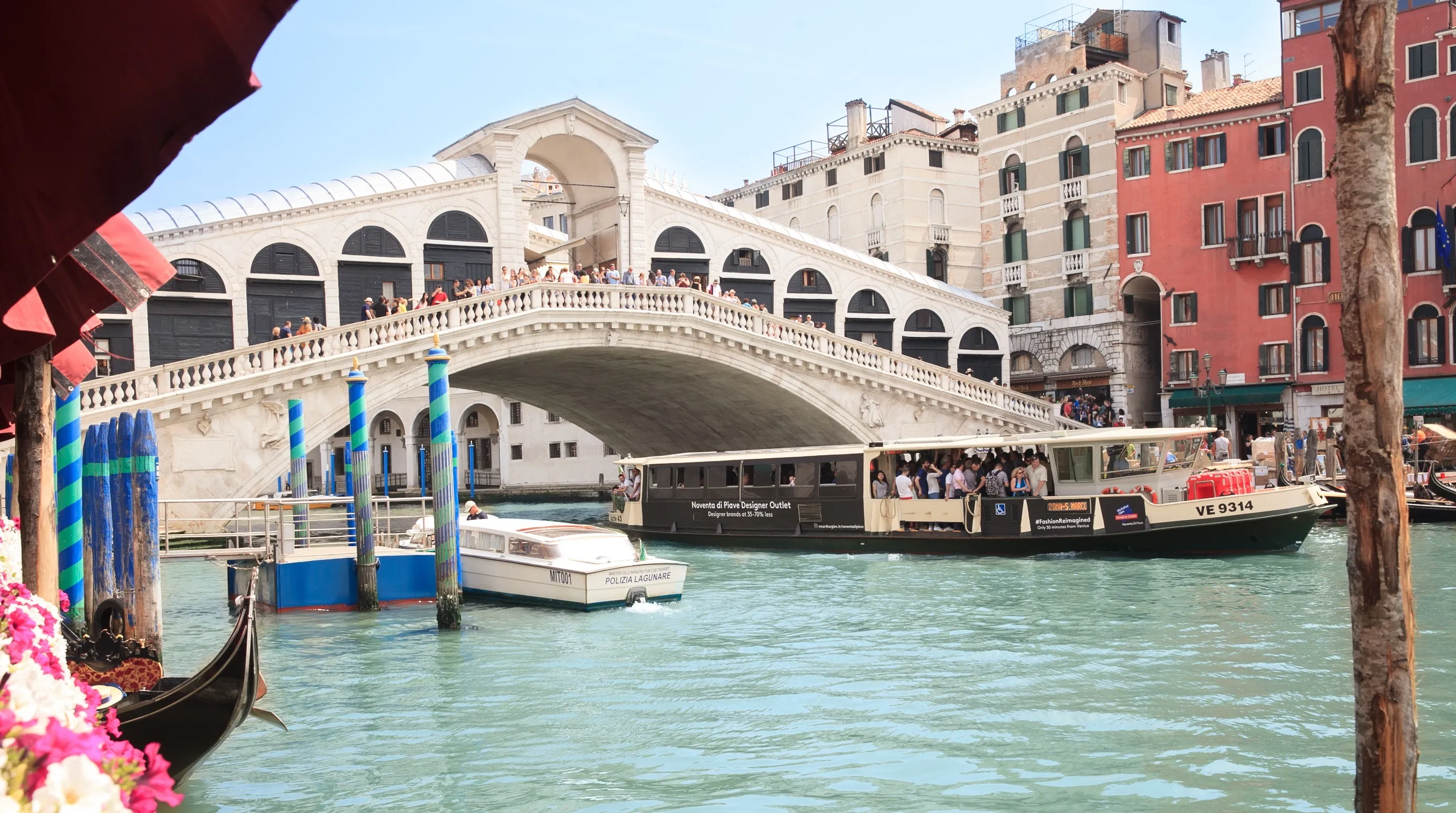
Conduent Transportation is to provide payment services for Azienda Veneziana della Mobilità (AVM), the public transport operator in Venice, Italy.
From 2023, along with payments firm Elavon and Visa, it will provide an EMV (Europay, Mastercard and Visa) payment system across the network in the famously water-dominated city.
Riders will be able to pay with contactless credit and debit cards, smartphones and smart watches, offering easier access to AVM’s services in the metropolitan area of Venice and the integrated mobility services in the wider urban area.
Conduent will deliver the end-to-end technical infrastructure, including 1,900 validators, while Elavon will handle card payment services, calculating fares.
The Venice transport network includes a fleet of 149 vessels (water buses, speedboats, motorboats and ferries), more than 150 wharfs, 540 buses, 20 trams on two lines and two people movers. Approximately 100-120 million passengers travel on the Venice public transport network every year.
“The AVM mobility and public transport network is essential to our area, so we want to be sure that our system is accessible and convenient for residents and tourists," says Giovanni Seno, general manager of Gruppo AVM.
"Bringing these leading companies together from the beginning allows us to meet the needs of our customers efficiently and in a timely manner.”
Lou Keyes, president, transportation solutions at Conduent, comments: “Through smart collaboration, AVM will be enhancing their network and the transportation experience for the millions of people who rely on the system annually.”









